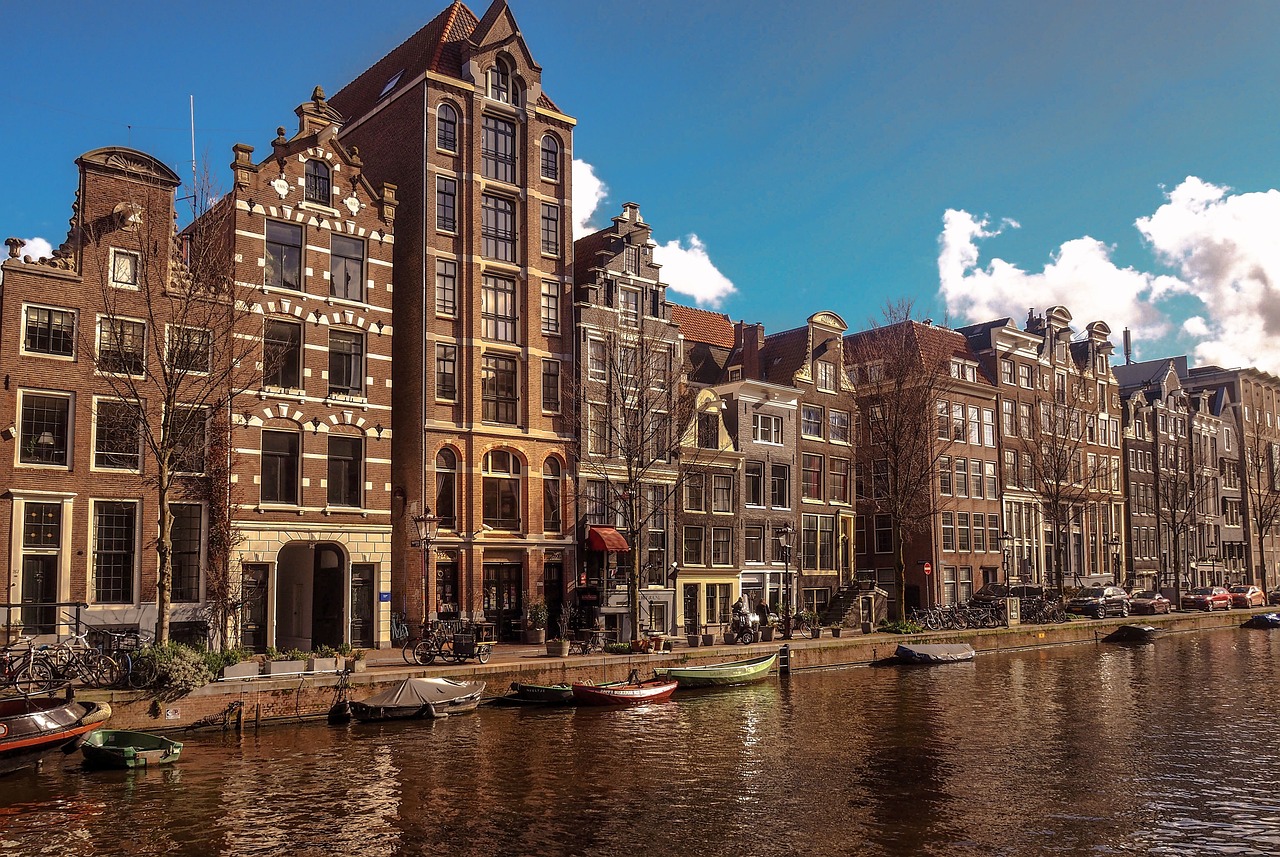Europe’s housing crisis ‘risks fuelling rise of far right’, UN expert warns

Housing has the potential to become as potent a driver of far-right support within European politics as immigration due to unaffordable rents and property prices across the continent, the United Nations’ expert on housing has warned.
A month before European parliament elections in which far-right parties are forecast to finish first in nine EU member states and second or third in another nine, the UN’s special rapporteur on the right to adequate housing has urged nation states to fix their respective housing crises or risk it being exploited by far-right and populist parties.
“Far-right parties prosper when they can exploit the social gaps that emerge out of underinvestment and inadequate government planning … and when they can blame outsiders,” Balakrishnan Rajagopal told the Guardian.
“That’s the situation many EU countries are now in. The housing crisis is no longer affecting just low earners, migrants, single-parent families, but the middle classes. This is the social issue of the 21st century.”
Shortages of affordable housing have sparked protests in Lisbon, Amsterdam, Prague, Milan and – outside the EU – London, with young people in particular raging against rents swallowing half their incomes and mortgages 10 times an average salary. The issue was a top concern for voters in last year’s Dutch elections, won by the far-right Freedom party (PVV) of the anti-Islam Geert Wilders, and it played into the rise in support for Portugal’s Chega, which almost trebled its vote share in March.
“It’s a theme that ticks a lot of current boxes” for far-right parties, said Catherine Fieschi, of the European University Institute. “It’s easy to frame it as an elites-versus-the-people issue – and to claim migrants are being treated better than nationals.”
Eurostat data shows that across the 27-member bloc, house prices soared by 47% between 2010 and 2022, with rents rising 18% over the same period. In some countries, more than a fifth of households spend 40% or more of their net income on housing.
Recent academic research has established a clear link between rising rents and votes for the far right – even without strong anti-immigration messaging.
Tarik Abou-Chadi, an EU politics specialist and co-author of a study that found rising rents were reflected locally in growing support for the Alternative für Deutschland (AfD) party in Germany, said “fear of status loss” was a key factor.
“This data shows housing is now part of a broader package of economic and social threats and insecurities fuelling anxiety,” he said. “The fear you may have to move home because you can’t afford it leads to a rise in radical-right support.”
Mr Rajagopal, who recently reported on the Dutch housing crisis, said a first step for mainstream parties should be to enshrine affordable, adequate and secure housing as a legal right. “EU countries have a long and laudable tradition of social protection, of welfarism,” he said.
“But when it comes to recognition of housing as a legal human right, Europe is lagging behind international law. EU citizens cannot go to their national courts over housing. European countries recognise this, but are not doing anything about it.”
Beyond that, the housing crisis in Europe – including the UK – was a product of “treating housing like any other commodity, to be bought and sold”, and of abandoning state planning, Rajagopal said. “Europe drank the 1980s Kool-Aid … markets were good, planning bad.
“But markets only really take care of themselves. If you also abandon state planning, nobody’s supplying housing. And that’s what allows the PVV, for example, to blame migrants for the Dutch crisis when there is no evidence migrants are to blame.
“If we want to stop the rise of the far right, starve it of some oxygen, things like housing have to be seen as fundamental rights.”









